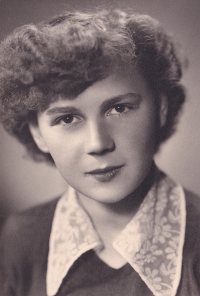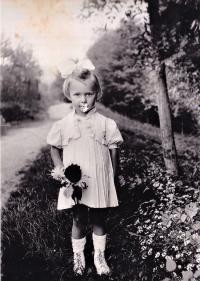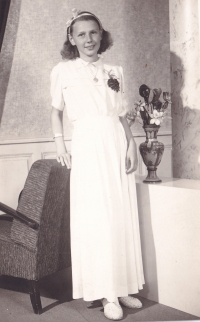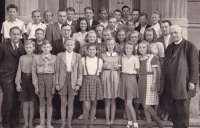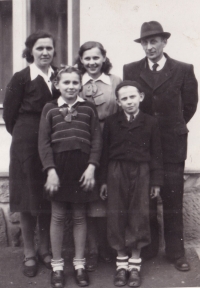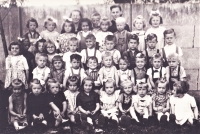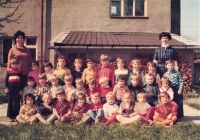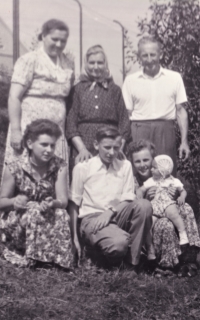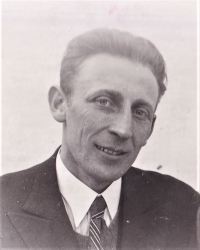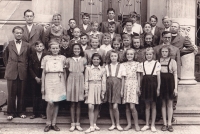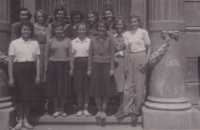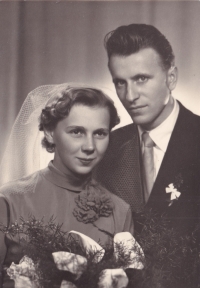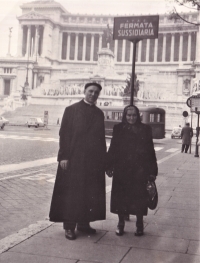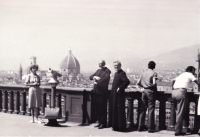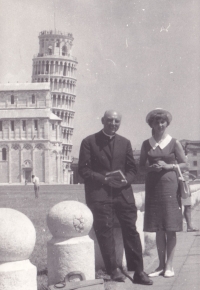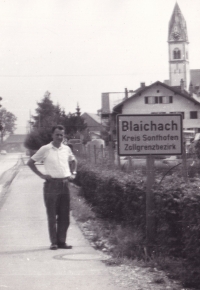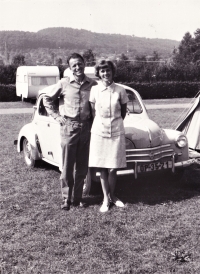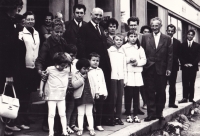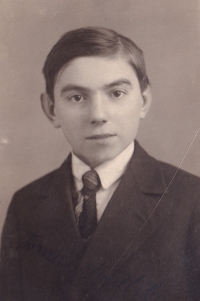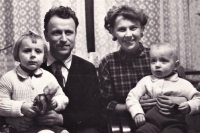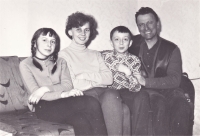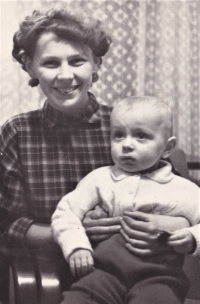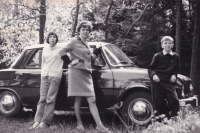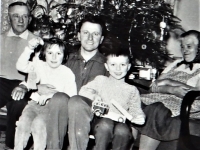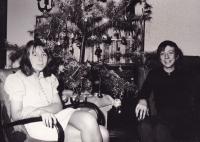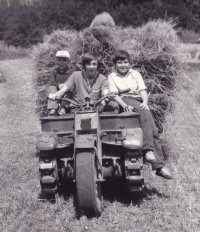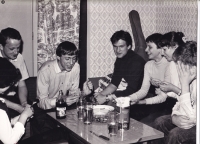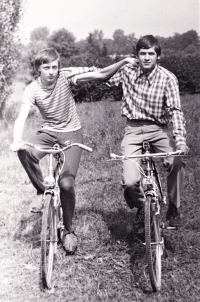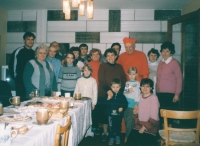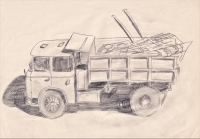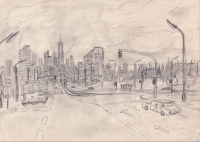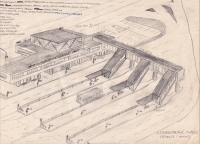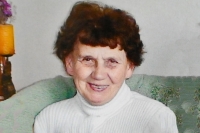I‘d rather he didn‘t come back
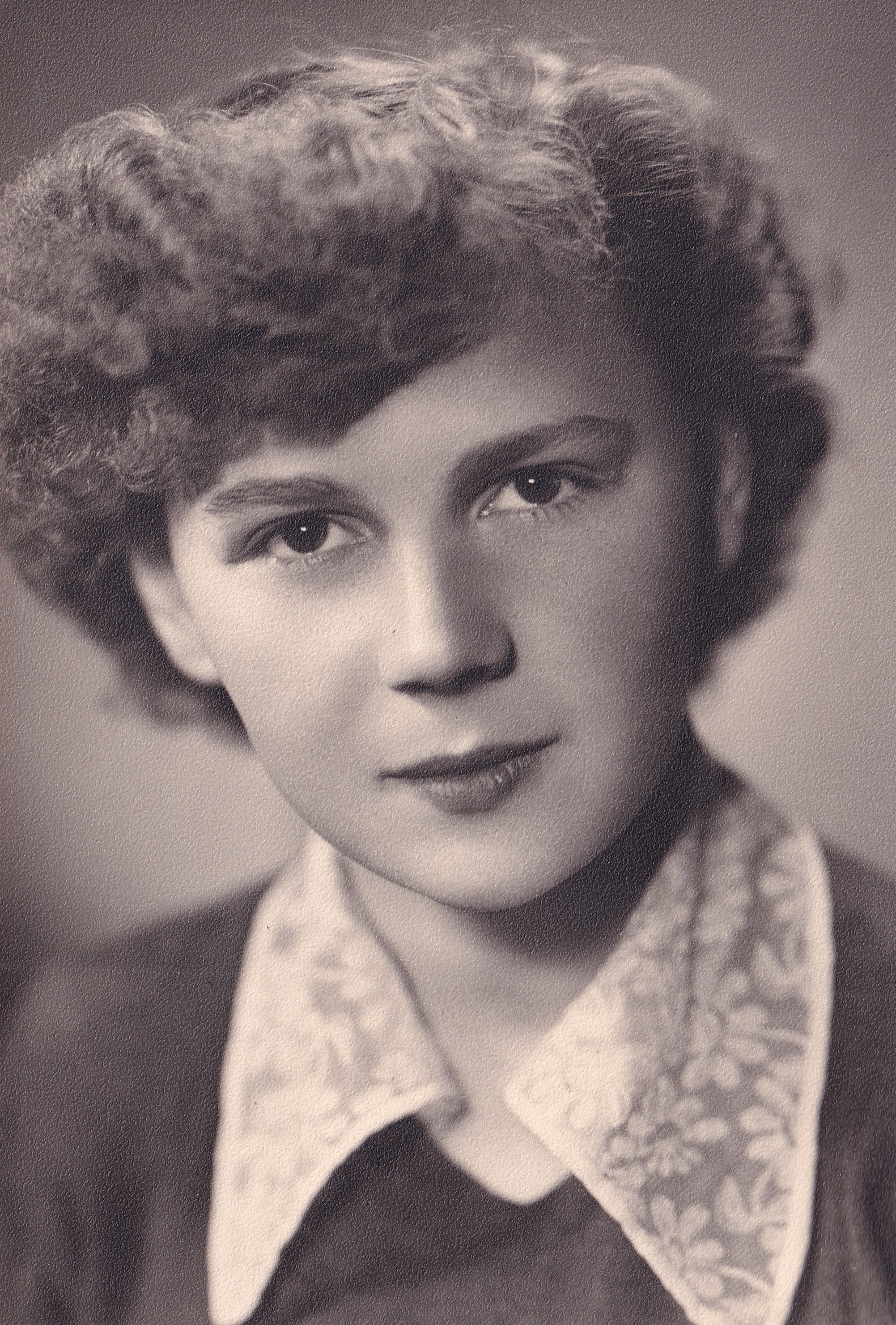
Stáhnout obrázek
Ludmila Švandová was born on 30 December 1935 in Boskovice into the family of Maria and Emerich Hrejsemna, she had two younger siblings Maria (1940) and Zdeněk (1941). Her mother was the sister of the late Thomas Cardinal Špidlík, a Jesuit, an expert on Eastern spirituality, who worked abroad from 1946. Dad Emerich was imprisoned for several months in 1944 in the Kounice dormitories and in Breslau (Wroclaw). She witnessed several dangerous events connected with the end of the war in Boskovice. In 1954 she finished her studies at the pedagogical high school in Boskovice and was placed in Ostrava, where the conditions for teachers in the schools were very poor. There she met her future husband Karel Švanda, they married in 1956 and had two children Helena (1957) and Pavel (1959 - 1981). In 1966, during a period of political relaxation, the Švandas visited Tomáš Špidlík in Italy. After the occupation of Czechoslovakia by the troops of the Soviet Union (Warsaw Pact), she had to undergo vetting as a director, but she never joined the Communist Party of Czechoslovakia (KSČ). Her husband Karel died tragically during the reconstruction of the family house in 1974. During the holidays of 1981, her son Pavel, a gifted architecture student, visited his great-uncle Tomáš Špidlík in Italy. Upon his return, he apparently faced pressure from the StB (State Security) and was found dead at the bottom of the Macocha Abyss on 10 October under circumstances that have not yet been clarified. In 1984 she moved from Opava with her daughter to her native Boskovice, where she still lives today (2023).
